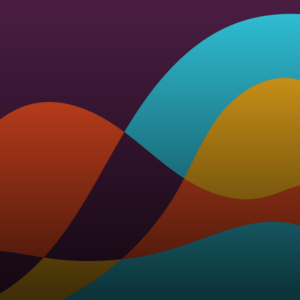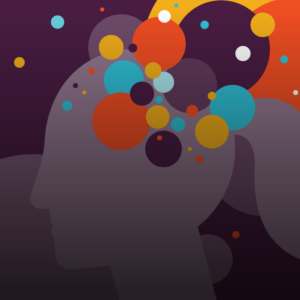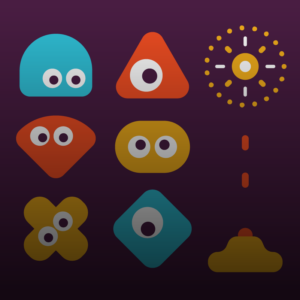There is an ongoing debate about the relative importance of Soft Skills and Hard Skills that implies one is more important than the other.
Step back 20 years and everything was about Hard Skills – the knowledge, qualifications, and technical skills you must have to do the job. Soft skills were seen as the weaker partner. Hence the name “Soft”.
Now the tables have turned, and everyone is talking about Soft Skills. According to the 2020 future of Jobs report, Soft Skills – such as critical thinking, problem-solving, resilience, flexibility, creativity, originality, initiative, and communication – are the top skill sets that global employers see rising in prominence in the run up to 2025.
There are now countless articles out there suggesting we should all be employing people based on their Soft Skills, not their Hard Skills.
But perhaps this isn’t a competition …
Perhaps the real magic lies in the interplay between both Soft and Hard Skills.
Some things in life go together. Like Gin and Tonic, Wine and Cheese, Unicorns and Glitter… and the perfect combination of Hard Skills and Soft Skills.
Enter The Skills Matrix …
Ingredient One: Soft or Human Skills
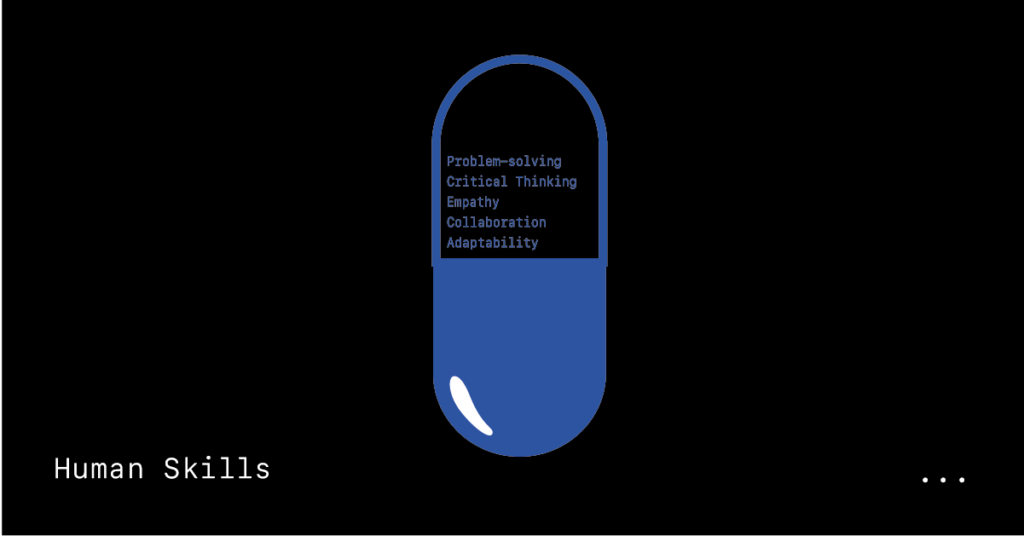
From here on in am going to scrap the phrase “Soft Skills”, A far better description is “Human Skills”.
These Human Skills:
– the skills that make us uniquely human and allow us to communicate, lead, and apply abstract thought –
have always been much harder to quantify and measure than Hard Skills.
Right from school, Hard Skills such as literacy and numeracy are systematically measured and graded. But empathy, and flexibility? Not so much.
But that is changing. With deeper understanding of psychology to ascertain behavioural preferences and machine learning to mine language and context; we can begin to evaluate “Human Skills”.
With robust psychometric and cognitive assessments, we can understand who has natural tendencies for things like critical thinking, resilience, and flexibility.
In addition to this, at Cognisess, we are using Artificial Intelligence to objectively analyse self-reports and interviews for relevant Human Skills experience.
Some people are already ahead of the game in this. Global giants Google and Amazon have, for some time, been predicting success by selecting people with key Human Skills such as learnability and problem solving.
Alongside Cognisess there are now, a growing number of organisations that offer psychological assessments and career matching based on Human Skills. But, although it is right that Human Skills have been given the status they deserve, that doesn’t get away from the fact that hard qualifications and knowledge are also vital requirements for many positions.
Ingredient Two: Hard Skills
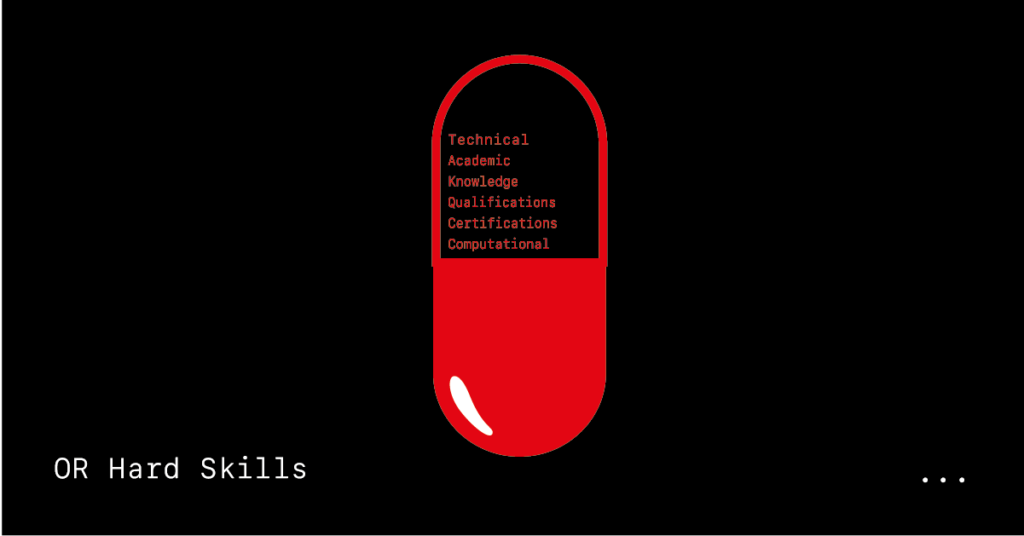
If I am going for open heart surgery, it is vital my surgeon possesses Human Skills such as working under pressure, rapidly adapting to change, leading a team etc. But I also want them to have a robust medical degree and an up-to-date and in-depth knowledge of the latest surgical techniques.
So that’s easy – let’s simply look at their CV and check they have the right qualifications for the job.
Think again…
Because Hard Skills have always been easier to measure with qualifications and exams, they are often dismissed as being simply something that you can list on a CV. But the reality is that a list of qualifications gives little indication of how recently and frequently a skill might have been used. Given the choice of two surgeons with identical qualifications – one with 10 successful operations under her belt in the last year, and the other with only 2 – I know which one I’d choose.
When faced with thousands of candidates or an entire corporate workforce, ascertaining the quality of skillsets gets a lot more tricky.
The good news is that recent breakthroughs in Artificial Intelligence, mean that it is now possible to measure the quality of skills at scale.
At Cognisess we have trained CogSkills – our Artificial Intelligence – to turn the subjective language of skills into robust data.
CogSkills can rate and map the quality and frequency of use, of thousands of skillsets. It can successfully match people to relevant jobs and rate the transferability of skillsets into new roles.
Result: The Skills Matrix
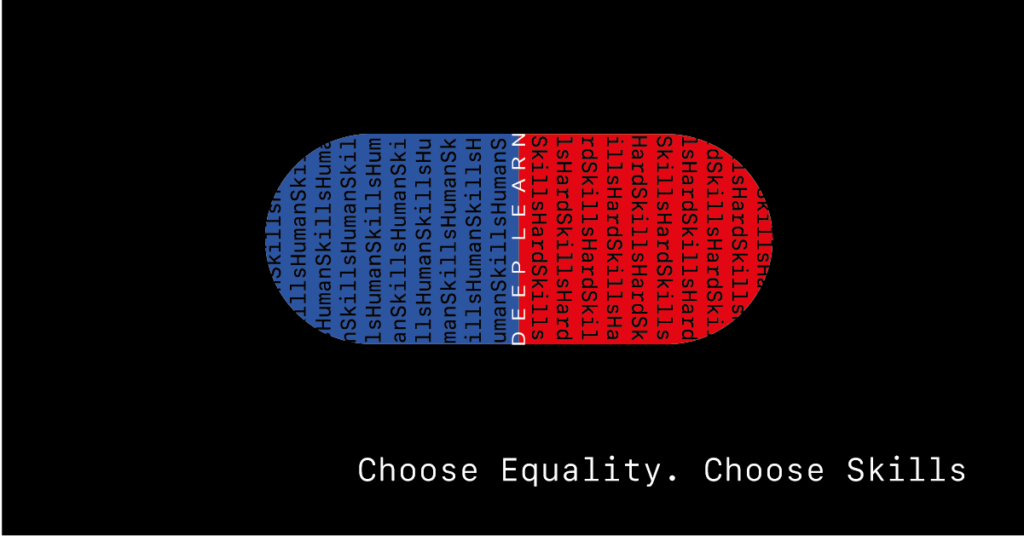
If we put all of this together – Hard Skills, Human Skills, Skills Quality, Skills Frequency, Skills Experience, Skills Transferability, Skills Potential, Skills Preferences…
We end up with a revolutionised Skills Matrix.
This powerful matrix is where the magic happens.
It provides a way of truly understanding the complete skillset of any individual, team, or an entire organisation.
It is this holistic understanding that leads to successful, happy, equitable, adaptable, and futureproof workforces.
By using this Skills Matrix, you can take an individual’s career or a whole company to the next level.
Get in touch to find out how to use our Skills Matrix.
Sign up to our Newsletter
Keep up to date with a collection of articles, resources and insights for people hiring, managing and developing your people.

